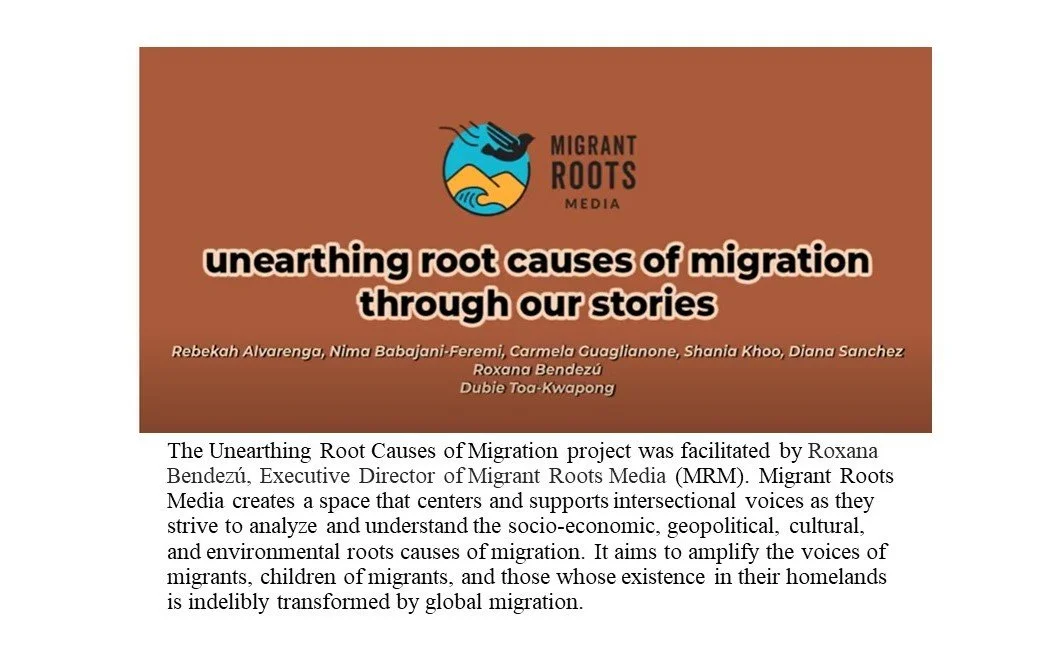Years After Graduating, I Still Rely on Skills Gained from Interdisciplinary Research
By Sarah Diringer, Ph.D., Water Program Officer, Pisces Foundation
This post crosses the February and March themes for SAGE Methodspace. In February we focused on interdisciplinary research, including a series of posts from faculty and students in the Bass Connections program at Duke University. In March we are focusing on research about sensitive topics or vulnerable populations. Dr. Diringer’s research shows, sometimes interdisciplinary teams are essential when studying multi-faceted, complex problems involving the health and safety of people in remote areas.
I have always loved being around water. My first job was collecting river water samples along California’s central coast and examining tree cover while standing knee deep in my waders. During my sophomore year of college, I joined a research lab and collected ocean samples each week to better understand algal blooms. When I thought about graduate research, I knew I wanted to work on water.
Sarah Diringer, Water Program Officer at the Pisces Foundation; Photo Credit:
Pisces Foundation
In 2011, I joined Dr. Heileen Hsu-Kim’s lab in Duke’s Department of Civil and Environmental Engineering as a new Ph.D. student, focusing on how heavy metals move and transform in rivers. Soon after, Dr. William Pan and the Duke Global Health Institute launched a new project to understand the impacts of activities like artisanal and small-scale gold mining, deforestation, and highway development on human and environmental health in the Peruvian Amazon.
The new project, a collaboration between my advisor, Dr. Pan, and several other Duke researchers, was one of the first Bass Connections teams (2013 – 2014), focusing on the role of heavy metal exposure and infectious disease on human health in the Amazon. The team, which I joined, spent the summer in Peru, learning about vector-borne diseases, collecting environmental samples, and speaking with communities about the issues that most concern them.
While my doctoral thesis focused somewhat narrowly on mercury transport and transformation, Bass Connections and the research team helped me develop a deep appreciation for working with collaborative and diverse teams, examining complex challenges through a systems lens, and conducting research in partnership with local communities.
The research team was purposefully broad. To understand each of the complex components affecting the region, our team consisted of hydrologists, epidemiologists, environmental scientists, economists, and engineers. Each trip into the field or group meeting, I learned something beyond my own research – how many environmental engineering PhD students get to learn the vector ecology of leishmaniasis? I was just one piece of the puzzle and found a lot of pride contributing to the larger team’s efforts.
Throughout our work, the team’s lead researchers emphasized the importance of examining the complex relationships between environmental, social, and economic drivers that affect communities and the environment in Peru. Our first paper as a team, and the first chapter of my thesis, reflected this systems approach by focusing on how mercury and other heavy metals accumulate downstream of artisanal and small-scale gold mining sites and the potential impacts on communities who rely on fish for food. Without considering this research within the team’s broader work, it may not have contributed to a deeper understanding the intersections of human activity, environmental health, and human health.
One of the most worthwhile parts of my graduate school experience was conducting research in partnership with communities living in Madre de Dios, Peru. From my first trip to the field, it was clear how much we had to learn about the river from communities living on its banks. Our partners in Peru caught and identified nearly all the fish we collected, described the ways river flows change over time, and already knew several of our research findings before we took samples to the lab. At the same time, our partners in Peru helped us design research questions that could support communities, like how much of which fish can be consumed safely? One of the most rewarding parts of my graduate experience was presenting a portion of our work in Spanish at the first Forum on Mercury and Public Health, hosted in Madre de Dios.
Small mining operations along the Madre de Dios River in Peru release mercury into the environment, posing human and environmental health risks
Now, 10 years after joining Dr. Hsu-Kim’s lab, I am a Water Program Officer at the Pisces Foundation, where I support partners throughout the U.S. in achieving systems change in water management. It is not by accident that Pisces’ water program reflects many of the same values I gained as part of the Bass Connections team – namely, the importance of diverse and collaborative teams, systems approaches, and working in partnership with communities. While I started my career focused narrowly water systems, working with Bass Connections and the Duke Global Health Institute teams helped me see water as part of an intricate web of people and the environment.
















The Director and Assistant Director of the Bass Connections program at Duke University share lessons learned and open access resources for team success in interdisciplinary collaborative research.